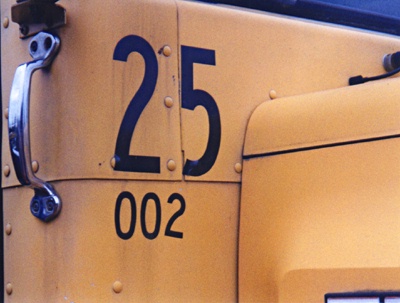All Nonfiction
- Bullying
- Books
- Academic
- Author Interviews
- Celebrity interviews
- College Articles
- College Essays
- Educator of the Year
- Heroes
- Interviews
- Memoir
- Personal Experience
- Sports
- Travel & Culture
All Opinions
- Bullying
- Current Events / Politics
- Discrimination
- Drugs / Alcohol / Smoking
- Entertainment / Celebrities
- Environment
- Love / Relationships
- Movies / Music / TV
- Pop Culture / Trends
- School / College
- Social Issues / Civics
- Spirituality / Religion
- Sports / Hobbies
All Hot Topics
- Bullying
- Community Service
- Environment
- Health
- Letters to the Editor
- Pride & Prejudice
- What Matters
- Back
Summer Guide
- Program Links
- Program Reviews
- Back
College Guide
- College Links
- College Reviews
- College Essays
- College Articles
- Back
Long Walk To Freedom
The Long Walk To Freedom
As I walk on the street racism rules
Father, help us cause we need it
Sometimes we are described as blinded fools
The light of unity needs to be lit
As I climb the side-stairs of shame and being sad
I sit in the rear and squint my eyes
What they don’t know is that we aren’t that bad
Some look sad as the main character dies
It’s no surprise I don’t know the plot
Now I drink from a corroding spout
They have ruined my life a lot
I hear them snicker and I hear them shout
I see them sip from their pot of gold
O how I wish the South wasn’t that cold.

Similar Articles
JOIN THE DISCUSSION
This article has 1 comment.
Injustice is like telling someone to play soccer with no feet against the FIFA World Player of the Year. The Jim Crow era spread between the 1870’s to the 1950’s and was a time of grief and endless torture for African Americans. One example of extreme inequality was separate transportation for blacks and whites. Blacks were forced to sit in the back of a bus that had lower quality seating and was closer to the burning heater. One time, this rule was tested by Rosa Parks who went to jail for refusing to sit in the back of the bus. Blacks that rode the trains or streetcars were forced to sit in colored only cars.
At first, I didn’t really have a strong reason for choosing the topic to write a sonnet but then I found it was a fascinating topic and I was glad I did.
The main theme for my group’s three sonnets was transportation and then a final summarizing poem about segregation in general. My job was to make the summary poem. I decided to include a black man drinking from a “corroding spout” and seeing the white men drink from their “pot of gold.” I chose this imagery because it emphasized the remarkable difference between the lifestyles of blacks and whites. I also painted an image of the view from the top deck of the theater. That section was a colored only section. In my sonnet I said, “It is no surprise I don’t know the plot.” I said this because they were so high in the stands they had to squint their eyes and couldn’t hear the actors.
I think it is important to remember these moments of injustice so that we don’t make the mistakes again. If we witness oppression like that again I don’t believe the country will ever recover and even if they do the people won’t be able to live with themselves knowing they went through that much blood and hatred a second time. I think our wreath of poems succeeded at reminding the audience of darker days because our sonnets provided diverse cases of prejudice. I hope that when our readers ride on public transportation they will think of our sonnet and be reminded that there was a time when some couldn’t ride along.